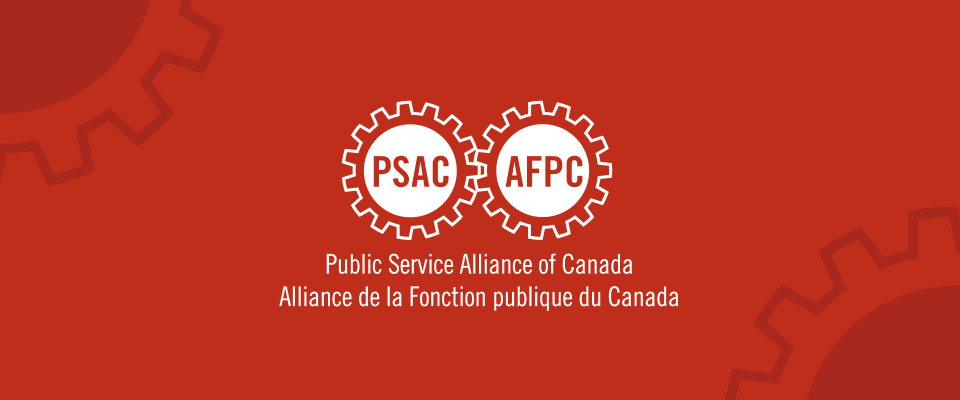Workplace mental health directly impacts employee well-being, productivity, and overall organizational success and is a crucial factor in creating a supportive, sustainable, and productive work environment.
The Public Service Alliance of Canada (PSAC) and the Treasury Board of Canada Secretariat (TBS) are pleased to release the Joint Study on Mental Health Support Mechanisms for Employees, which is focused on improving mental health support for federal employees. The study explores how exposure to workplace trauma—whether directly or indirectly—can impact mental well-being and offers solutions to address these challenges.
Background
The study follows an agreement reached in October 2020 during collective bargaining with the Program and Administrative Services and Technical Services groups. Its goal was to identify roles that expose workers to explicit, disturbing material or potentially dangerous situations and determine how best to support these workers.
The study aims to:
- Enhance understanding of how to support workers at risk of psychological harm.
- Minimize the risks of trauma exposure in the workplace.
- Identify the specific mental health support workers need.
- Highlight best practices and recommend ways to implement them across departments.
Collaboration and process
The Joint Committee on Mental Health Support Mechanisms, made up of union and employer representatives, co-chaired by members of both parties, conducted the study. Their collaborative work shows how unions and employers can join forces to improve workplace mental health.
In the course of their work the committee
- Gathered evidence to develop criteria to identify high-risk roles across departments.
- Assessed current mental health programs and identified gaps.
- Reviewed existing literature on trauma-related mental health support.
Findings and recommendations
The study found that, although mental health resources are available, it's unclear how frequently they are used or how effective they are. It also highlighted the need for better systems to identify psychological risks in the workplace.
The report emphasizes the need to:
- Equip workers and managers with mental health knowledge to identify risks.
- Strengthen informal peer support networks.
- Provide recovery options for affected employees.
It also recommends that employees and managers participate in joint training. This approach helps build stronger peer networks and improves engagement, with managers playing a key role in program success.
Looking ahead
The study offers a framework for departments to improve their mental health action plans, which ultimately will benefit the entire federal workforce.
Union and management representatives on Occupational Health and Safety Committees are encouraged to use the study as a guide and take steps to apply its recommendations.
 Member Login
Member Login



